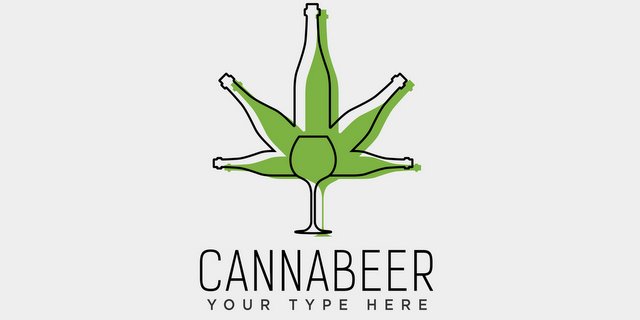
For the recreational user, the combination of cannabis and beer is a rare opportunity that’s usually too good to pass up. For a craft brewery, it’s an untapped goldmine that only a handful of brands have the resources, equipment and know-how to address. There is no reason to believe that cannabis-infused beer is new. People have been experimenting with beer for at least 10,000 years, so it’s virtually guaranteed that this idea has been explored before.
However, there is a difference between setting up an experimental homebrew and creating a satisfying, commercially viable beverage in a large-enough volume to earn a profit. Craft brewery professionals looking toward the second option will need to familiarize themselves with the cannabis infusion process and its regulatory environment.
How does cannabis-infused beer work?
There are multiple types of cannabis-infused beers and just as many ways to infuse cannabis into beer during the brewing process. There are three main compounds that cannabis users are interested in:
• THC (Tetrahydrocannabinol) is the main psychoactive ingredient in cannabis. Infusing it into beer is possible, but it’s illegal in most markets due to regulatory distinctions that prevent dispensaries from selling alcohol and prohibit bars from selling THC products. It can be legally added to non-alcoholic beer in some jurisdictions.
• CBD (Cannabidiol) is one of the cannabis plant’s most popular non-psychoactive components. It is responsible for some of the medical benefits associated with marijuana use. Users seek it out for its anxiety-reducing effects.
• Terpenes. These are aromatic compounds that give cannabis its unique flavor and aroma. They have no psychoactive effect but produce the important and unmistakable taste of cannabis.
In order for a cannabis-infused beverage to achieve regulatory compliance, it has to use professionally extracted CBD. Simply throwing dried cannabis bud into the brewing process will not work — and probably won’t taste very good either. Ideally, you want to be able to carefully control the exact proportions of THC, CBD and terpenes that end up in the final product.
Because THC-infused beer is unmarketable at the moment, craft breweries looking to enter the cannabis industry will have to focus on balancing CBD and terpenes.
CBD extraction for beer infusion: tools of the trade
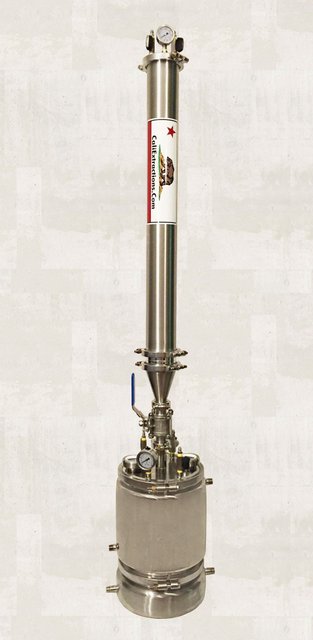
For craft brewers, proper extraction is one of the most important aspects of brewing with CBD and infusing beer with cannabis flavoring. Adding CBD oil to beer is a delicate process that demands high-quality concentrate. In order to obtain high-quality concentrate, brewers will need to acquire (or partner with processors that already have) the proper cannabis extraction systems. This is the winning strategy that major brewers like Heineken, Blue Moon and Molson-Coors are using to create their own cannabis-infused beverages.
There are many ways to turn cannabis bud into a sufficiently aromatic CBD concentrate to make a great infusion beverage. Butane hash oil (BHO) extraction and supercritical CO2 extraction are both popular options in the cannabis community. The primary differences between these options is the solvent used to disintegrate plant matter and leave purer CBD or THC in the resulting mixture.
But there is a more important distinction to be made. Professional, laboratory-grade concentrate providers must use a closed-loop extractor for the job. The difference between a closed-loop and an open-loop extractor is simple. In a closed-loop system, every step of the extraction process takes place in a closed vessel that is shielded from the surrounding environment. Amateur open-loop systems are prone to contamination, compatibility issues between extraction stages and dangerous flammable vapor buildups.
So, make sure you’re not acting as the amateur, but the professional.
Infusing beer with CBD oil: How and when to do it
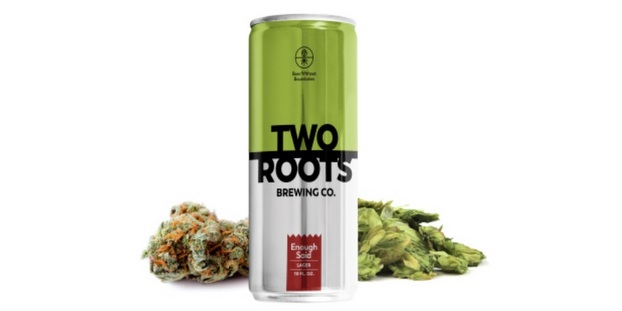
For craft brewery professionals, the concept of cannabis-infused beer is usually accompanied by a slew of pertinent questions. Some of the trickiest of those questions revolve around the actual process of adding CBD oil to beer: At what point in the brewing process should it be done?
Unsurprisingly, this is a matter of debate among brewery professionals and cannabis researchers. Some brewers add cannabis to the wort while it’s boiling. This is effective from a production standpoint, but it could reduce the amount of terpenes that make it intact to the finished product. This reduces the cannabis aroma and flavor of the product.
When working with dried cannabis, brewers have to make compromises to achieve the desired result. Brewing with CBD bypasses the need for compromise by offering a chemically pure ingredient. Brewers using CBD oil will typically add it to the cooled wort after boiling. This preserves the flavor profile of the oil without sacrificing its therapeutic effect. Some brewers take an even easier route — simply adding a readymade CBD tincture to the fermented beer right before bottling.
Professional brewers intent on joining the burgeoning intersection of cannabis and alcohol will need to dedicate time and energy to experiment with various flavors and processes. The market is virtually untapped, making it an ideal testing ground for innovative ideas. Have fun creating your own cannabis-infused beer and remember to use the proper equipment to stay safe.
Tara Leo has been writing cannabis industry-related articles for years. She is the content marketing manager at the California-based company CaliExtractions. With a passion for enlightenment and years of knowledge in the cannabis industry, her articles have stretched from a variety of subjects including the legalization, extraction, and upkeep of cannabis. Currently, she’s contributing to a variety of blogs in the cannabis industry in hopes to spread valuable information on useful topics for the benefits of the industry.

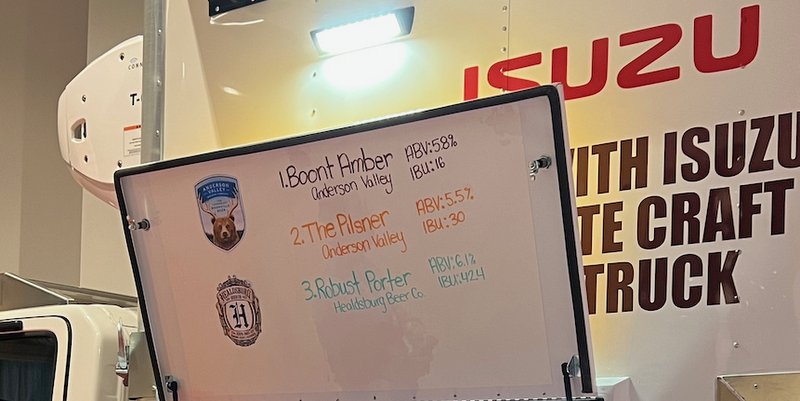

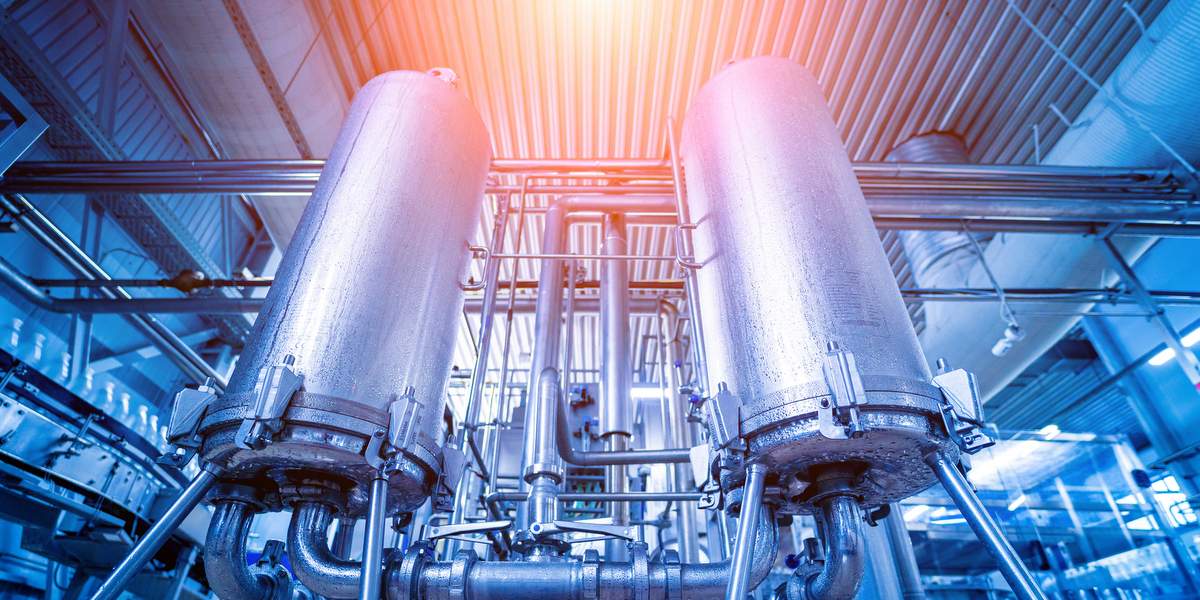

Leave a Reply
You must be logged in to post a comment.